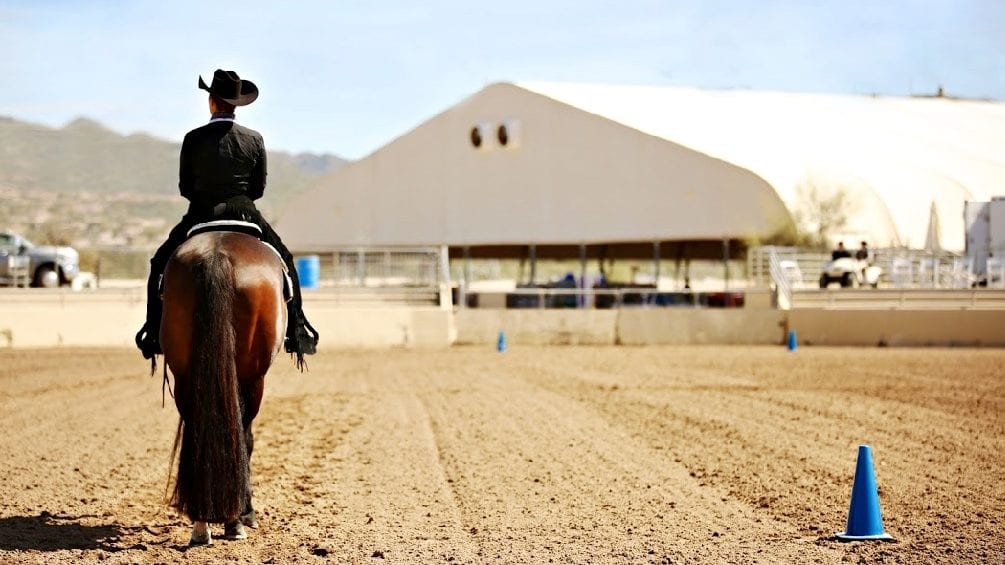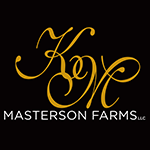Starting a new business is difficult, and breaking into the horse industry as a trainer is no exception. Between managing your new business and understanding show formats, there are a lot of “ins and outs” to learn.
GoHorseShow spoke with three trainers who have recently transitioned from the role of assistant trainer to the business owner. Adam Smith of Smith Performance Horses, Brian Rastall of Rastall Show Horses, and Kelby Hutchinson of Hutchinson Performance Horses LLC have all been in operation for less than two years. They have learned quite a lot and shared their experiences and advice with GoHorseShow.
Learn Everything You Can
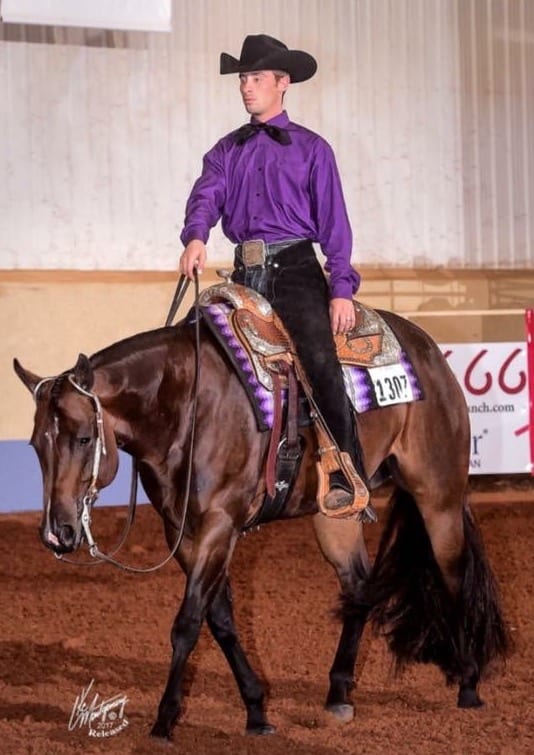 Both Smith and Rastall worked under various trainers before starting their own business and expressed the importance of doing so. Smith (pictured right) worked at Highpoint Performance Horses. “It taught [me] what it was like to prepare a show horse as well as help customers accomplish their goals,” stated Smith.
Both Smith and Rastall worked under various trainers before starting their own business and expressed the importance of doing so. Smith (pictured right) worked at Highpoint Performance Horses. “It taught [me] what it was like to prepare a show horse as well as help customers accomplish their goals,” stated Smith.
Rastall and his wife, Ashley, both worked for multiple trainers, notably Bret and Candy Parrish, as well as Masterson Farms. Both trainers attribute their success to the knowledge they gained while working as assistants.
Make a Plan
At first glance, starting your own operation may seem easy. However, it is more than having training horses and some extra tack. Once the decision to start your operation is made, establishing a plan is imperative. Hutchinson stressed, “Prepare for starting your own business long before you plan on starting it.”
One area Hutchinson emphasized was the importance of adopting a frugal mindset. Saving money is crucial to the creation of a new business.
Rastall stressed, “Have a plan, talk to successful horse trainers on how they have successfully run their business, and develop how you would like to run your own.”
Be Prepared for “Hiccups”
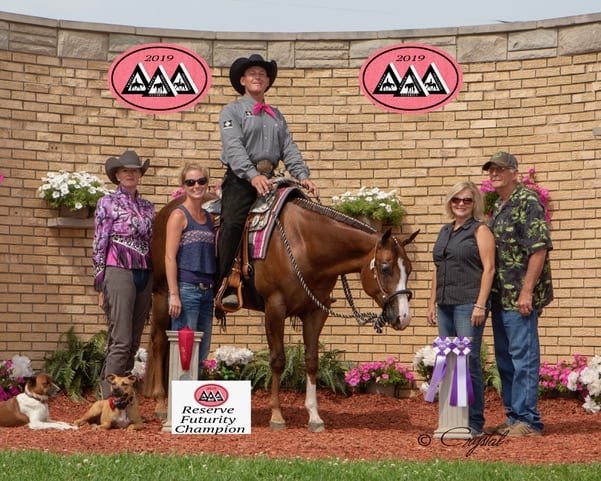 Even the best-laid plans run into “hiccups” in the beginning. Smith shared that when they first started, balancing the workload was a challenge.
Even the best-laid plans run into “hiccups” in the beginning. Smith shared that when they first started, balancing the workload was a challenge.
“Taking on new horses [along] with new challenges and being on top of both,” stated Smith. An often overlooked area is tack and supplies.
Rastall (pictured left) shared, “We were able to purchase enough tack throughout the years to have enough to start training right away.” However, maintaining and gaining new supplies is imperative to prepare for growth.
Have Long Term Goals
Setting goals is a crucial factor in any business plan. “Our long term goals would be continuing to ride better horses and be more successful at large horse shows,” shared Rastall.
Smith echoed this, explaining that he wants to continue expanding his clientele: “A barn full of great customers that want to do this with the understanding of how it works and how long it can take.”
He also joked lightly that “a few globes would be nice too.” Without this drive and ambition, their operations would be stagnant; a killer for trainers looking to make a name.
Measuring Success
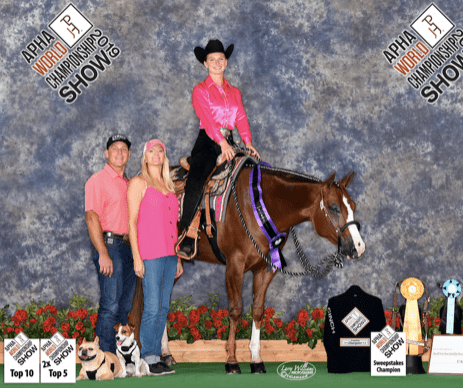 The horse industry is diverse and competitive, which can make success in the first years of operation challenging to evaluate. Every trainer wants to do well at shows. Rastall expressed success as “when we can go to the largest and most prestigious horse shows in the country and get our names called.”
The horse industry is diverse and competitive, which can make success in the first years of operation challenging to evaluate. Every trainer wants to do well at shows. Rastall expressed success as “when we can go to the largest and most prestigious horse shows in the country and get our names called.”
However, our panel expressed some other ways they measure success. Specifically, Smith focuses on day-to-day victories. He shared the importance of maintaining daily operations and found success in customers.
“Seeing the customers and horses continually getting better, whether they win or lose is key,” expressed Smith. Hutchinson looks at longevity, “If you can make a good living and provide for your family doing what you love, you are successful.”
Advice for “Newbies”
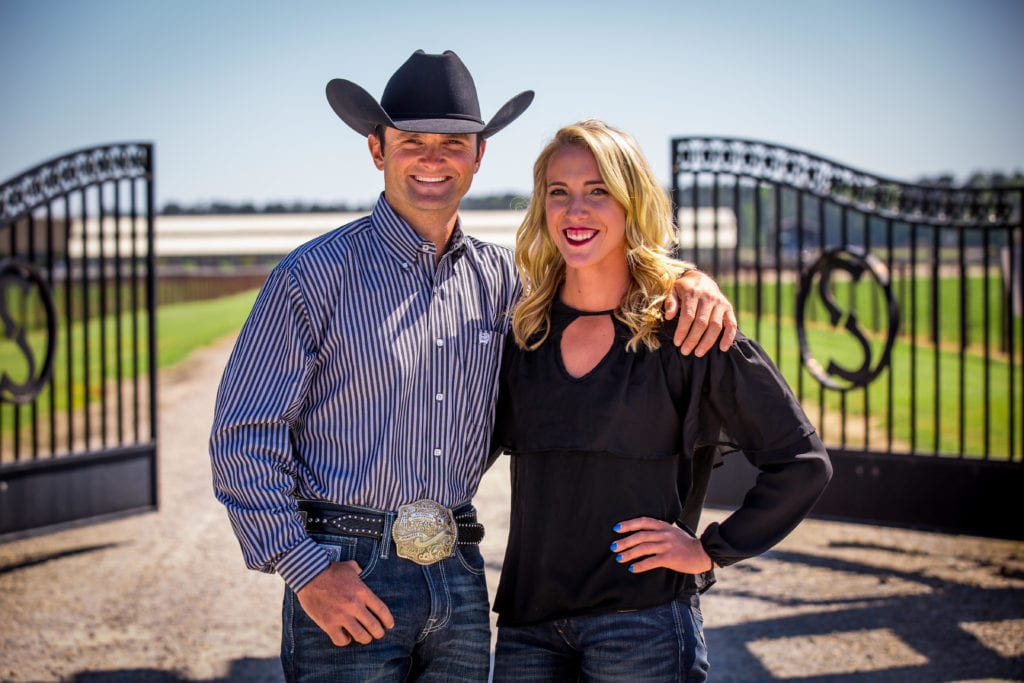 Being mentally prepared for hard work is a must. “It takes an awful lot of hard work, sleepless nights, long drives, sweat, tears, and low pay to do this,” shared Hutchinson. “Before you can beat your competition, you have to outwork them.”
Being mentally prepared for hard work is a must. “It takes an awful lot of hard work, sleepless nights, long drives, sweat, tears, and low pay to do this,” shared Hutchinson. “Before you can beat your competition, you have to outwork them.”
Be aware that it will be stressful initially, and challenges are a natural part of the process. Rastall noted, “Be prepared to accept that you cannot make everyone happy. Do your best work, and be honest.”
Lean on your support system and remember your passion for horses and the show industry. Smith left us with this, “It isn’t all going to come together in one day, and that is okay. Just keep going.”


